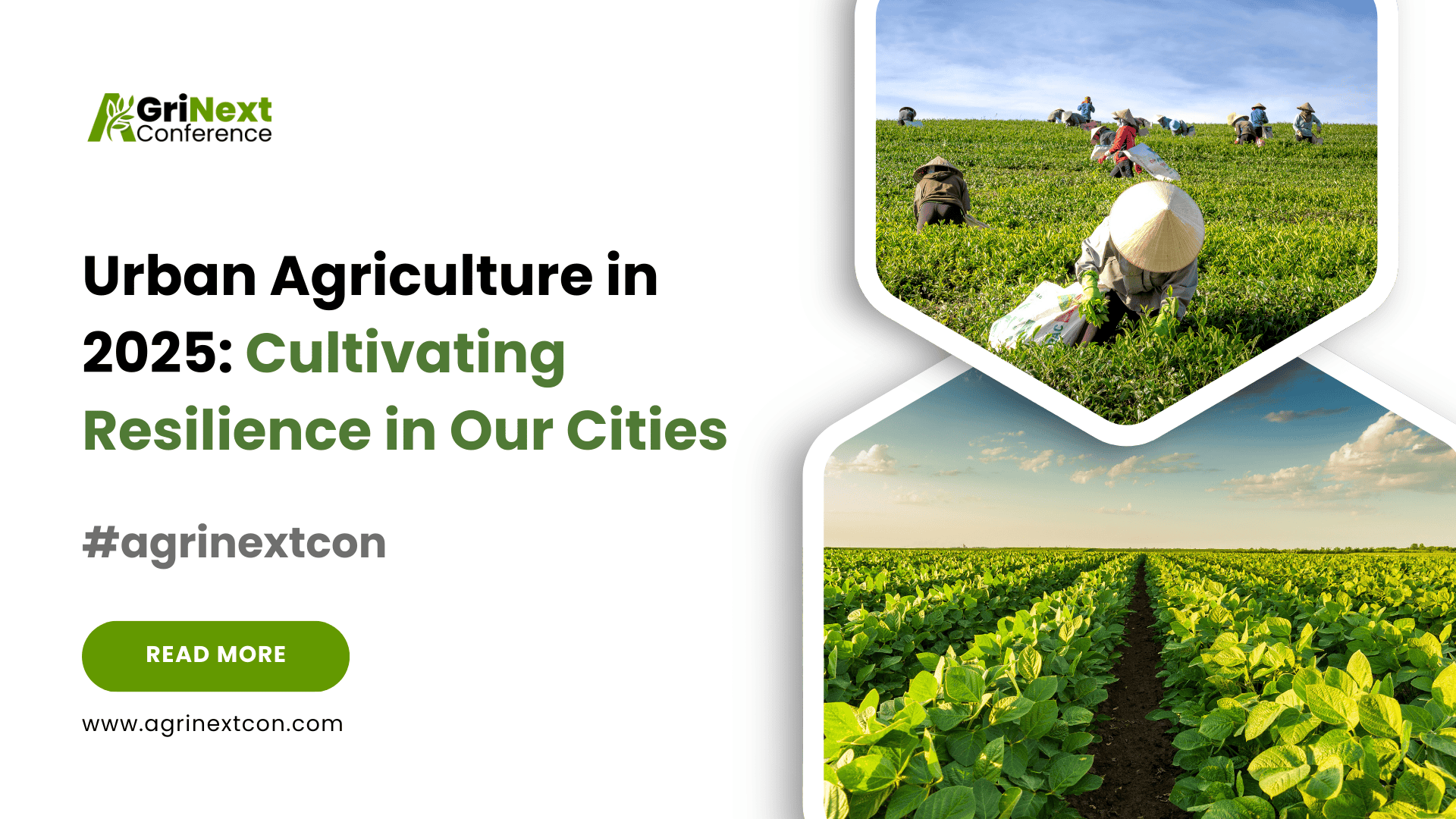
Explore how urban agriculture is transforming cities in 2025—boosting food security, sustainability, and community resilience through smart tech, green policies, and local innovation.
Introduction: A Greener Way to Feed the Future
Urban agriculture is no longer a niche idea—it’s a rising movement transforming how cities grow, eat, and connect. In 2025, a mix of social shifts, tech breakthroughs, and climate concerns is fueling this green revolution right in the heart of our cities.
Why Cities Are Turning Green: The Post-COVID Food Mindset
Post-COVID-19, the preference for locally sourced and organically produced food has only strengthened. Urban farms meet this demand by providing communities with fresh, healthy produce while enhancing public health and nutrition. Moreover, they play a vital role in building social cohesion. Community gardens and rooftop farms act as social hubs where people grow food together, share knowledge, and reduce social isolation in increasingly dense cities.
Rethinking Food Systems for a Crowded Future
With nearly 70% of the global population expected to live in cities by 2050, we can’t rely solely on distant rural farms. The cost, the emissions, the fragility—it’s all too much. Urban farming helps cities grow their own food, easing the burden on traditional systems and shrinking the carbon footprint.
Why Urban Agriculture Is Booming in 2025
Urban farming isn’t a fleeting trend. It’s a game-changing solution—fueled by four key forces:
1. Farming Meets Futurism: Vertical, Hydroponic & Smart Tech
Urban farms today are powered by innovation. Vertical farming stacks crops in LED-lit towers. Hydroponics and aquaponics use 90% less water and zero soil. IoT sensors keep tabs on every plant’s needs, ensuring precise nutrition and zero waste. In basements, on rooftops, and in repurposed malls, tech is making city farming not just possible—but powerful.
2. City Policies That Green the Skyline
Governments are stepping up. From Singapore to New York, cities are integrating agriculture into planning laws and offering real perks—grants, tax cuts, land access. The result? Rooftops turning into salad bars, balconies into herb gardens, and parking lots into food forests.
3. Climate Change Demands Local Solutions
Erratic weather, degraded soils, and disrupted supply chains—climate change is forcing us to localize. Urban agriculture shortens the chain from farm to fork. It builds resilience, reduces emissions, and supports sustainability where it’s needed most—in our cities.
4. Clean Food, Clear Labels, Conscious Living
Today’s consumers want to know: Where did my food come from? Is it safe? Who grew it? Urban farms answer all these questions with transparency. They offer fresh, pesticide-free, local food that’s traceable and trustworthy. And the benefits? Healthier diets, empowered communities, and even improved mental wellness.
Global Governments Getting It Right
Urban farming policies are sprouting up worldwide:
India
Delhi: Draft Citizen’s Policy for Urban Agriculture promotes rooftop and community gardening, allocates vacant land, and supports urban markets.
Tamil Nadu: Urban Horticulture Development Scheme distributes rooftop grow kits and encourages home farming.
USA
New York City: The Green Roof Tax Abatement Program turns rooftops into gardens with financial incentives.
Philadelphia: The Grow Food Where You Live Program enhances food access in underserved neighborhoods.
Canada
Vancouver: Through its Greenest City Action Future encourages rooftop greenhouses and vertical farms on new developments.
France
Paris: Since the launch of the Paris Urban Farming Plan in 2016, over 78 projects across 21+ hectares have been implemented, transforming the city’s approach to food and sustainability.
Conclusion: Sowing the Seeds for a Sustainable Urban Future
In 2025, urban agriculture is not just about growing food—it’s about growing cities that are resilient, inclusive, and green. As climate risks rise and urban populations swell, the role of urban farming in food security, sustainability, and social well-being is undeniable.
Events like AgriNext 2025 are spotlighting this movement, gathering the brightest minds in agritech, policy, and sustainability to shape the future of food in cities. From AI-driven greenhouses to climate-resilient farms, AgriNext is proof that the urban food revolution is here.
Let’s grow smart. Let’s grow local. Let’s grow together.
Reference:
TechSci Research:Urban Agriculture: Revolutionizing Food Production in Urban Environments
Signup For AgriNext Conference Newsletter


